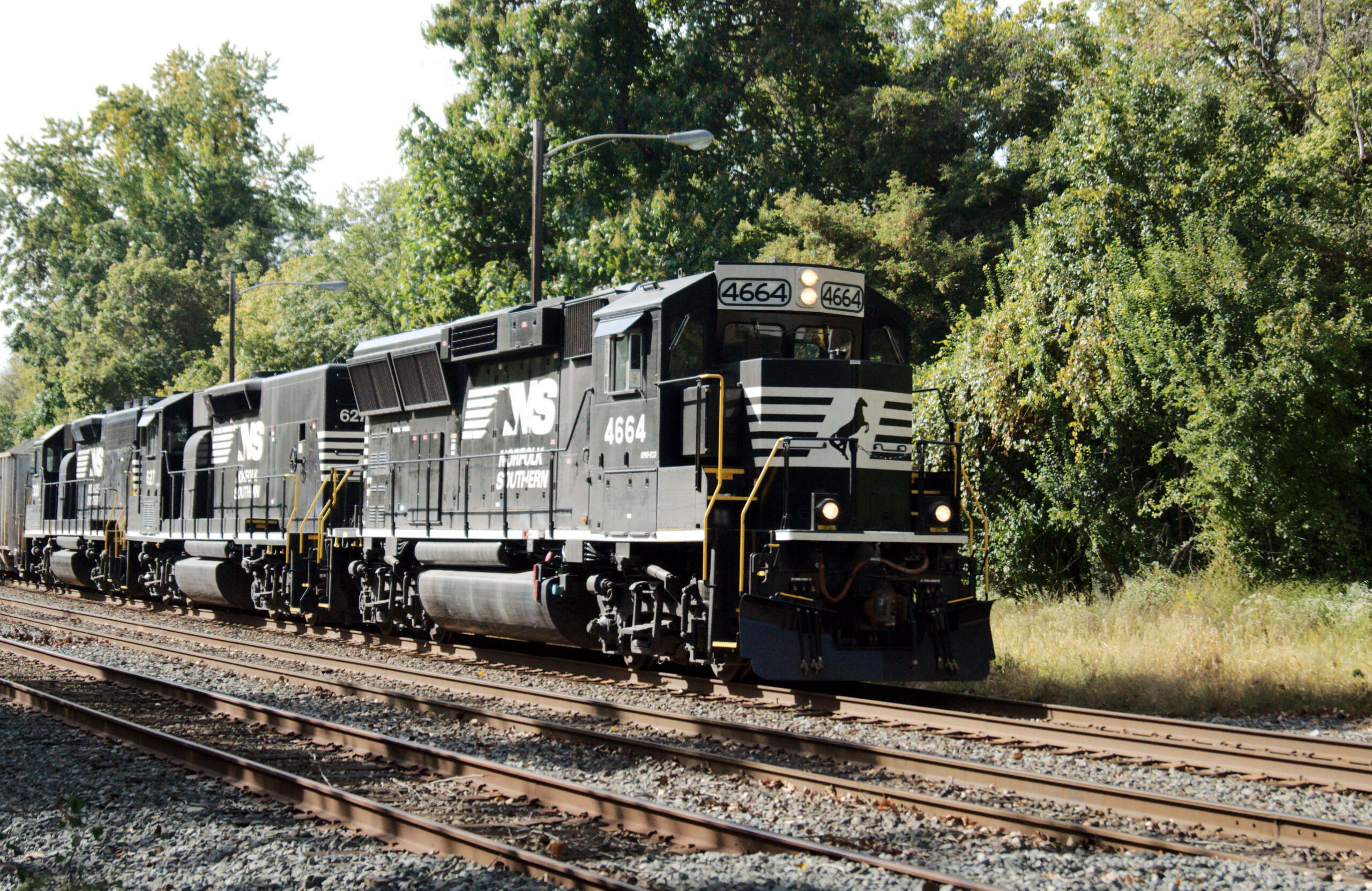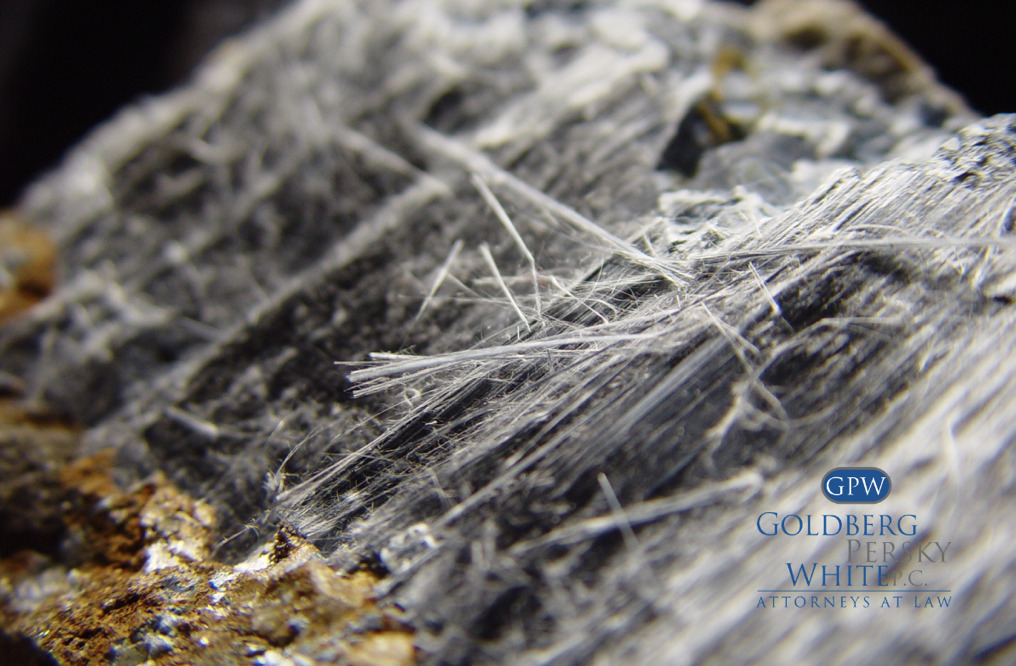Early Asbestos Litigation
The use of asbestos dates back thousands of years, but it wasn’t until the mid-20th century that asbestos use become widespread. With production in steel mills, chemical plants, paper mills, power plants, etc., on the rise, asbestos-containing products and equipment became standard in the industry. Its heat resistance made it useful in the lining of equipment such as blast furnaces, coke ovens, basic oxygen furnaces, continuous rolling mills, electric arc furnaces, and open hearth furnaces. The shipyard industry, which boomed around that time period, used asbestos and asbestos containing products throughout almost all aspects of the ships; insulation on pipes, gaskets, valves; throughout construction, maintenance, and repair and even in the paint.
Homes built before 1980 most likely contain asbestos. Asbestos was commonly used throughout the household building materials such as roofing, siding, insulation, flooring and much more.
Pulmonary issues from asbestos date back centuries as well, but companies argued that there was not enough scientific and medical proof linking asbestos to illnesses such as lung cancer and mesothelioma. However, in the 1960s and 1970s, the evidence linking asbestos exposure and illnesses like mesothelioma, asbestosis, and lung cancer was too much to ignore and a recent amendment to the doctrine of strict liability helped jump-start asbestos litigation.
A Turning Point – Borel v. Fibreboard Paper Products Corporation
The case of Borel v. Fibreboard Paper Products Corporation was a landmark court case that set the precedent for product liability and personal injury claims for asbestos workers and their families when claims were filed.
Clarence Borel, a union worker from Texas, worked for many years as an insulator in refineries and shipyards and was diagnosed with asbestosis and then eventually, mesothelioma. His personal injury lawsuit, rather than workers’ compensation, was against Fibreboard Paper Products Corporation, Johns-Manville Products Corporation, and nine other asbestos-insulation manufacturers. A recent doctrine amended by the American Law Institute called the doctrine of strict liability (Section 402A) aided in Borel’s case. It was argued that asbestos manufacturers should be liable for their products since the products did not contain warning labels which resulted in an unreasonable and unnecessary amount of danger. The doctrine of strict liability not only holds product manufactures responsible for being knowledgeable and skilled to the level of an expert regarding their product, but also requires that the company manufacturer/employer is responsible for staying up-to-date on scientific knowledge and mandates the issuance of warnings on hazardous products. It was the first case to test Section 402A with respect to asbestos materials. Prior to this, the only recourse was to file a workers compensation claim against the employer where any compensation was greatly reduced.
Clarence Borel did not live to see the outcome of his own trial; he died of mesothelioma in 1970. His wife stood in as plaintiff in his lawsuit against the companies involved. In 1971, a jury found that asbestos manufacturers had violated this doctrine of strict liability and awarded Borel’s widow close to $80,000 (eventually reduced to $58,534). This decision impacted future cases because workers injured by asbestos could now file product liability suits not only against their employers, but against product manufactures as well. As people were becoming more aware of the dangers of asbestos and because of the new rules surrounding lawsuits, asbestos lawsuits and claims skyrocketed in the 60s and 70s.
The attorneys of Goldberg, Persky & White, P.C. have been involved in asbestos lawsuits since the 1970s, when cases were first coming to trial. Because of GPW’s involvement in asbestos litigation from the beginning, we have a clear understanding of what is required to succeed in asbestos and mesothelioma lawsuits. GPW’s combination of evidence, experience, and expertise culminate in the aggressive representation of our clients. Contact us today for a free case review.



